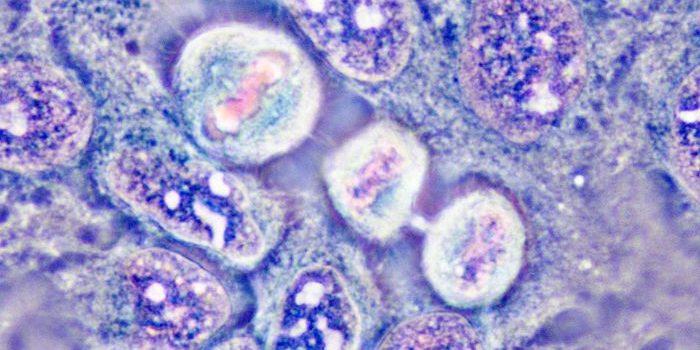(Ken Silva, Headline USA) It’s widely known as the “immortal” gene—a cell line taken from a black woman in the 1950s that can grow indefinitely, be frozen for decades, divided into different batches and shared among scientists.
Some 70 years after its discovery, U.S. biotech firm Ultragenyx continues to profit from the theft of the immortal DNA, according to the family from which the cell line came.
The family—the relatives of immortal gene holder Henrietta Lacks—sued Ultragenyx over the matter last Thursday in federal court, seeking damages for what they say is the unlawful use of the Lacks DNA. Lawyers for the family told the Associated Press they plan to bring a series of lawsuits against various entities that continue to reap rewards from the “racist medical system” that took advantage of Lacks.
The lawsuit included the history of the immortal gene, beginning with recounting how Lacks and her family were living outside Baltimore when she was diagnosed with cervical cancer in 1951. Doctors at Johns Hopkins Hospital saved a sample of her cancer cells collected during a biopsy—without her knowledge or consent.
“The cells taken from Henrietta Lacks have unique properties. While most cell samples die shortly after they are removed from the body, Mrs. Lacks’s cells survived and reproduced in the laboratory,” the lawsuit explained.
“This exceptional quality meant that it was possible to cultivate Mrs. Lacks’s cells into a cell line that could reproduce indefinitely in laboratory conditions—animmortal cell line. Indeed, Mrs. Lacks’s cells were the first known immortalized human cell line,” the lawsuit added.
“Medical researchers refer to Henrietta Lacks’s cultivated cell line as the HeLa cell line, using the first letters of Mrs. Lacks’s first and last names.”
Lacks died at age 31 in the hospital’s “colored ward,” but her genetic material lived on, the first human cells to continuously grow and reproduce in lab dishes.
Lacks’ cells have since become a cornerstone of modern medicine, enabling countless scientific and medical innovations, including the development of the polio vaccine, genetic mapping and even COVID-19 shots. Her story is documented in a bestselling book by Rebecca Skloot, “The Immortal Life of Henrietta Lacks,” which was published in 2010. Oprah Winfrey portrayed her daughter in an HBO movie about the story.
The complaint said Ultragenyx has made a fortune by using HeLa cells to develop gene therapy products. The company offers treatments for “orphan diseases,” which are diseases that only affect a small population of people.
“Following the announcement of promising top-line data from Ultragenyx’s gene therapy trial utilizing the HeLa PCL platform, Ultragenyx’s share price surged of 27% within a single day,” the lawsuit said.
“Subsequently, in February 2021, following the FDA’s clearance of Ultragenyx’s application for UX701, an investigational gene therapy, the stock price rose about 20% within a span of 10 days.”
Ultragenyx has yet to respond to the lawsuit. The company did not immediately respond to request for comment from the Associated Press.
Last Thursday’s lawsuit comes on the heels of the Lacks family settling another case with Thermo Fisher Scientific Inc. over similar allegations.
The terms of that settlement have not been disclosed.
The Associated Press contributed to this report.
Ken Silva is a staff writer at Headline USA. Follow him at twitter.com/jd_cashless.

